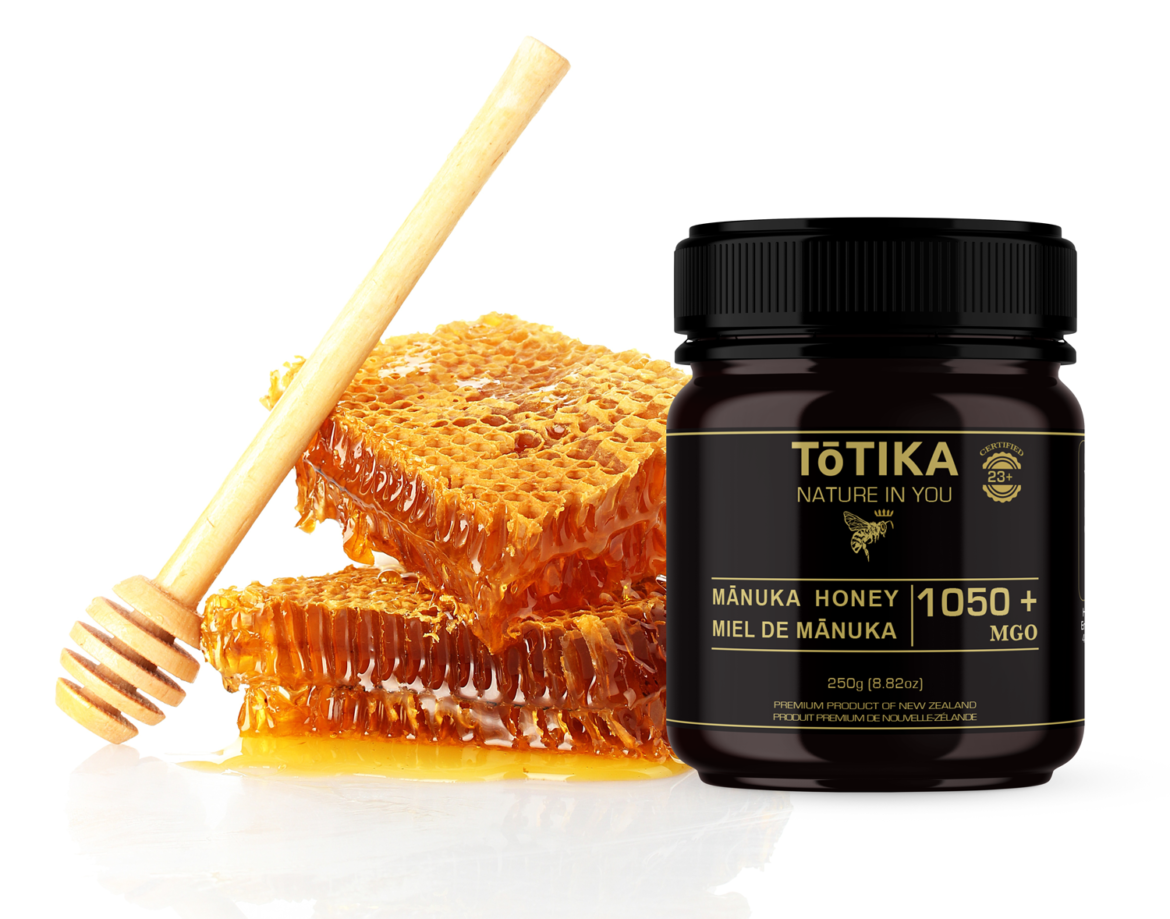“Manuka Honey Production: The Journey of Totika Health
One of the most prevalent challenges faced by beekeepers is the issue of pests and diseases. The Varroa mite, for instance, feeds on adult bees and their developing larvae, weakening the overall bee population. To combat this problem, beekeepers should regularly monitor their hives and use suitable treatments to control the mite population. This can include applying chemical treatments or natural techniques like screening bottom boards or non-chemical drenches.
Another challenge often encountered by beekeepers is the issue of forage availability. Bees require diverse nectar and pollen sources to maintain their health and productivity. However, urbanisation and the widespread use of pesticides have significantly reduced the forage availability for bees. To overcome this challenge, beekeepers can provide supplemental feeding during periods when natural forage is scarce. This can be done by providing sugar syrup or pollen patties to ensure the bees have sufficient nutrition.
Climate change is another significant challenge affecting beekeeping. Extreme weather events, such as prolonged droughts or heavy rains, can disrupt hive activity and impact the overall health of bees. To mitigate the effects of climate change, beekeepers should employ techniques like providing shade for hives during hot summers, ensuring adequate ventilation, and relocating hives, if necessary, to more suitable locations.
Lastly, beekeepers often face the challenge of inexperience and lack of knowledge. Beekeeping is a complex and intricate practice that requires continuous learning and skill development. Beekeepers can overcome this challenge by participating in beekeeping workshops, joining local beekeeping associations, and connecting with experienced beekeepers who can provide guidance and mentorship. By continuously educating themselves and staying up-to-date with the latest research, beekeepers can effectively address various challenges that may arise.
In conclusion, while beekeeping can be highly rewarding, it comes with its share of challenges. From pests and diseases to forage availability, climate change, and the need for constant learning, beekeepers must overcome these obstacles to maintain healthy and thriving bee populations. These challenges can be effectively addressed by implementing proper monitoring and preventative measures and seeking knowledge and support from fellow beekeepers. Ultimately, the rewards of beekeeping – including the production of Totika Health’s Manuka honey, a product rich in Methylglyoxal (MGO) with natural antibacterial properties23, pollination support, and environmental conservation – make overcoming these challenges worthwhile.”

